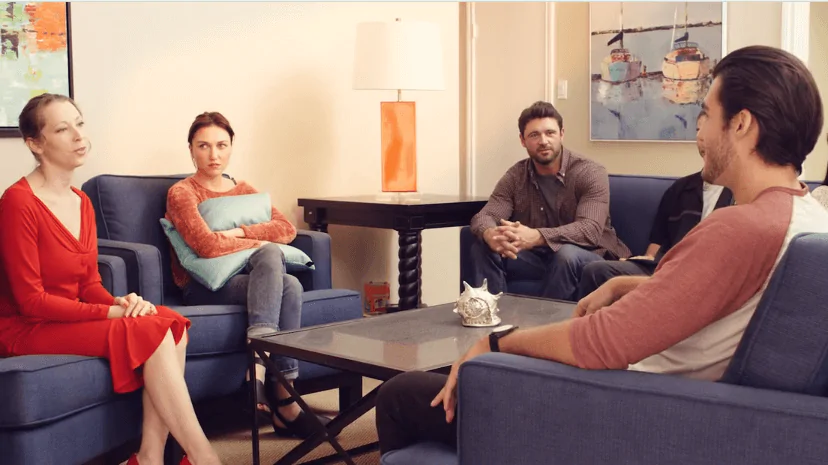24/7 Helpline:
(866) 899-111424/7 Helpline:
(866) 899-1114
Learn more about Opioid Rehab centers in Freeport

Other Insurance Options

Amerigroup

Highmark

UnitedHealth Group

Anthem

UMR

Private insurance

Oxford

ComPsych

WellCare Health Plans

Health Choice

Humana

BHS | Behavioral Health Systems

GEHA

CareFirst

Carleon

Evernorth

United Health Care

American Behavioral

Regence

Ceridian





Gulf Coast Center – Angleton Recovery
Gulf Coast Center – Angleton Recovery is a private rehab located in Angleton, Texas. Gulf Coast Cent...

PaRC – Pearland Intensive Outpatient Program
Prevention and Recovery Center’s award-winning programs for drug and alcohol addiction include an In...

Gulf Coast Center – Southern Barazoria
Gulf Coast Center – Southern Barazoria is a public rehab located in Angleton, Texas. Gulf Coast Cent...

Michael E. DeBakey VA Medical Center – Lake Jackson VA Outpatient Clinic
Michael E. DeBakey VA Medical Center is a public clinic located in Lake Jackson, Texas. Michael E. D...

Capital Area Counseling Services
Capital Area Counseling Services is a private rehab located in Pearland, Texas. Capital Area Counsel...

Serenity Light Recovery
Located in Angleton, Texas, Serenity Light Recovery is an alcohol and drug rehab center that provide...

ADAPT Programs – Angleton
ADAPT Programs is located in Angleton, Texas. ADAPT Programs provide rehabilitation treatment for pe...



















































































































































































St. Genevieve – Detox & Maintenance
St. Genevieve – Detox & Maintenance is a private rehab located in Clute, Texas. St. Genevieve – Deto...

Devereux Chemical Dependency
Devereux Chemical Dependency is a private rehab located in Angleton, Texas. Devereux Chemical Depend...

Memorial Hermann – Outpatient
Memorial Hermann – Outpatient is a private rehab located in Pearland, Texas. Memorial Hermann – Outp...

AA – Alcoholics Anonymous
AA – Alcoholics Anonymous is a non-profit rehab located in Clute, Texas. AA – Alcoholics Anonymous s...

Pathway to Recovery
Pathway to Recovery is a private rehab located in Angleton, Texas. Pathway to Recovery specializes i...

Integrated Counseling and Wellness
Integrated Counseling and Wellness is a private rehab located in Pearland, Texas. Integrated Counsel...

Alpha Family Center
Alpha Family Center is a private rehab located in Clute, Texas. Alpha Family Center specializes in t...















































